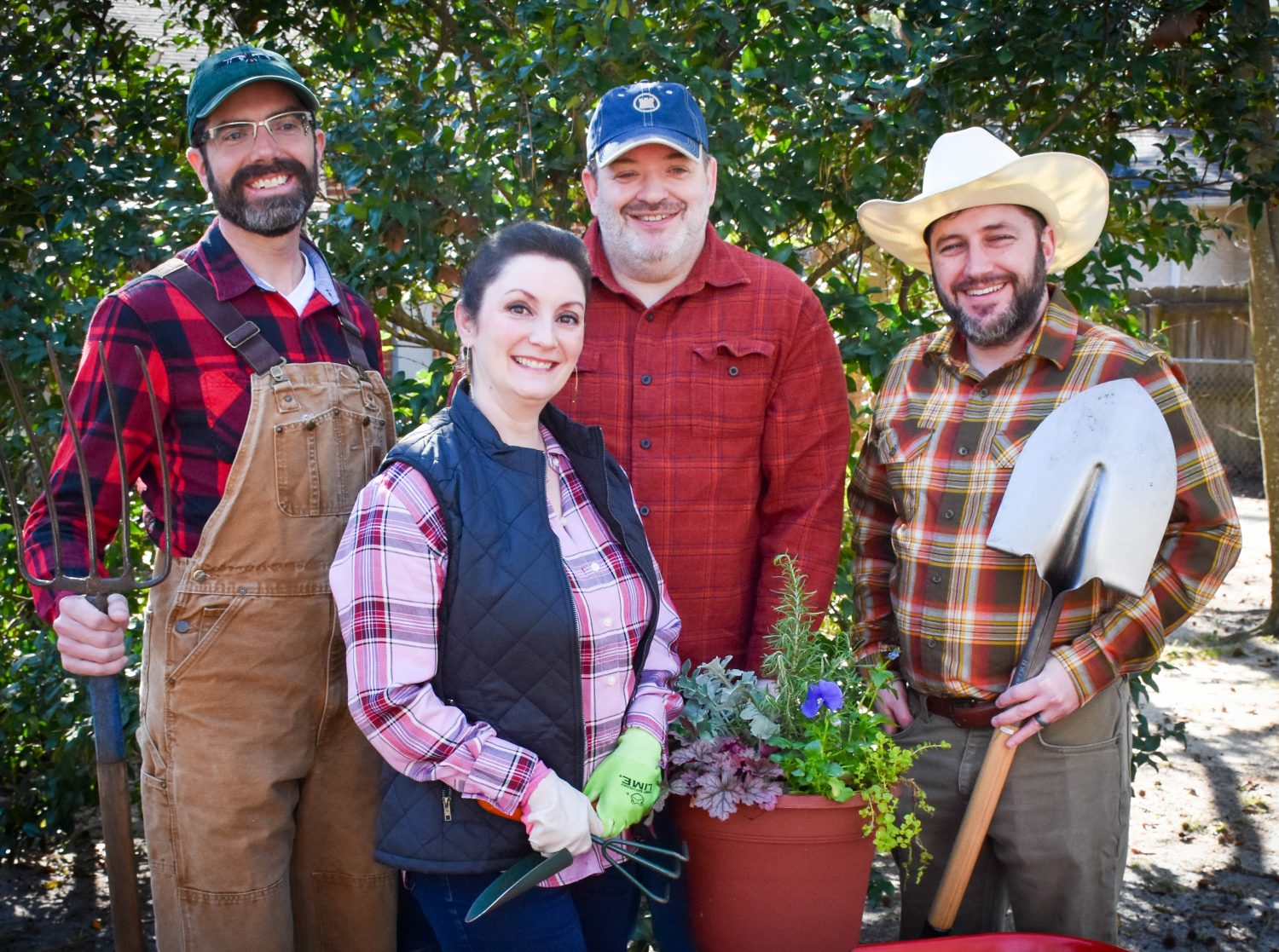Refer to the excellent article in July’s issue of SC Lawyer

I’d like to recommend that South Carolina dirt lawyers read and pay attention to an article in the July issue of the SC Lawyer. Rachel E. Carr and Danielle Bennett authored an interesting article entitled, “The Lady Bird Deed: Has the Remainderman Interest Nested or Vested?”
Cutting to the chase, your title insurance company in South Carolina will require the signatures of remaindermen if the life estate owner sells or mortgages property. But let’s look at the background this article sets out.
The Lady Bird Deed derives its name from Lady Bird Johnson, Lyndon Johnson’s first lady. Anecdotally, President Johnson went to great lengths to avoid probate by transferring his assets to his wife. South Carolina’s statutes and case law do not recognize this type of deed.
The Lady Bird Deed attempts to retain more power over the real estate in the life tenant than the typical life estate deed. This “enhancement” language is typically included:
“Grantor reserves unto himself, for and during his lifetime, exclusive possession, use, and enjoyment , right to income of the property, and Grantor further reserves the right to sell, lease, encumber by mortgage or deed of trust, pledge, lien or otherwise maintain and dispose of, in whole or in part, or grant any interest thereon, of the property by gift, sale, or otherwise without consent or joinder of the Grantee, which may terminate the interest of Grantee. Grantee shall be a remainderman in the property described herein and upon the death of Grantor, if the property described herein has not been previously disposed of prior to the death of Grantor, all right and title to the property, then remaining, shall fully vest in Grantee as fee simple subject to such liens and encumbrances which may exist at the time of Grantor’s death.”
What would you do if you saw this language in a deed for property your client intends to purchase? You would likely call your friendly title insurance company underwriter, and that person would most likely ask you to obtain the signature of the remainderman.
As the article points out, South Carolina cases have recognized a life estate coupled with a power of sale. Blackmon v. Weaver* was a 2005 Court of Appeals case involves a life estate and remainder interest established in a will. The will left property to testator’s wife, including this language:
“Second: I give, devise and bequeath all of my property whether real, personal or mixed, whatsoever and wheresoever situation, whether now owned by me or to me or hereafter acquired by me, to my wife, Lana Odom Blackmon for and during her natural life or until such time as she no longer desires the property.
Sixth: That if the desire of my wife to sell any or all of my property and assets then my wife, Mary B. Heath, J.B. Blackmon, III and Jennifer B. Weather, shall share equally in the sale of such assets.”
When a dispute arose between the wife and children, the wife attempted to sell the property. The trial court held that the wife could not sell the property because she was not the fee simple owner. But the Court of Appeals relied on the intention of the testator as expressed in the will and held that the wife had the power to sell the property.
In an earlier case** the will devised to the testator’s wife “complete perfect ownership” during her life. At her death, the property would pass to the testator’s sisters. The Court held that the widow had the power to sell the real estate because the testator’s intent was clear.
But what we don’t have in South Carolina is a case that allows life tenant to sell the property when the life estate is established in favor of the grantor in a deed. So, we do not have authority for the sale of property by the grantor of a Lady Bird Deed.
As I often suggest, please call your title insurance underwriter if you have questions about any unusual language you find in a deed.
* 366 S.C. 245, 621 S.E.2d 42 (2005)
** Johnson v. Waldrop, 256 S.C. 372 (1971)
